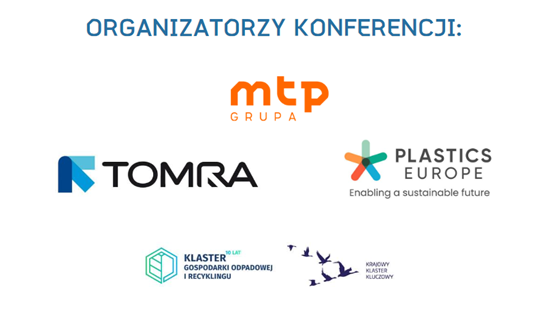Good practices in waste management - let's talk about ...
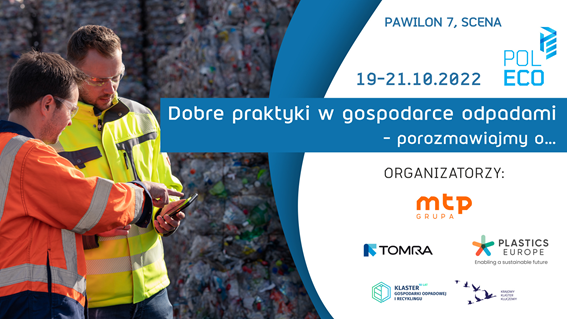
Good practices in waste management - let's talk about ...
October 19-21, 2022, MTP, pavilion 7, stage
Day 1 - October 19, 2022
11:00 presentation: "What is holistic waste management?"
In short, it is a model of interdependent tools to facilitate the transition to a circular economy. It was developed by experts from Eunomia in collaboration and on behalf of TOMRA, who analyzed best collection, sorting and recycling practices in proven global markets. It includes three basic elements: separate collection (bio-waste, paper, glass, textiles and electrical and electronic equipment, and optionally plastic packaging), a deposit system for beverage packaging, and sorting mixed municipal waste before incineration or storage.
Substantive tutor:
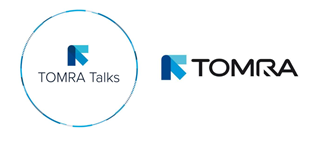
12:00 presentation: "Waste data - what do we need?"
Plastics Europe, fulfilling the commitments of the plastics industry undertaken in response to the Strategy for Plastics announced in 2018, provides data on the plastics market, including recycled materials present in new products. The latest data, compiled by Plastics Europe, on closing the circulation of plastics in the European economy, has been extended for Poland for the first time this year. They indicate, inter alia, that the share of regranulate in the amounts processed by Polish processors is approx. 15%, with only 9.3% coming from post-consumer waste. Critical analysis of the available data on the composition of plastic waste produced and managed in Poland will allow for a better understanding of the real morphology of plastic waste ("sub-fractions"), which in turn is necessary for the development of the plastics recycling sector.
Substantive tutor:
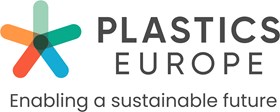
13:00 discussion: Good practices in the plastics recycling market
Is only PET recycled? What is the recycling of plastics in Poland? What practices can we share? Let's talk about solutions that work and increase the levels of plastic recycling in Poland.
Substantive tutor:

14:30 presentation: Transformation of circular economy and digital. Good examples
The transformation towards a circular economy will not be possible without the active participation of innovative enterprises from the SME sector, occupying a stable place in circular value chains. However, for this to be possible, it is important to build new and transform existing business models in the company based on the model (transition from a linear to a circular model) and incorporate them into new value chains. Where to start, how to make changes, we will talk during the session devoted to the transformation of circular economy, also pointing to good examples of this. In parallel with the transformation of circular economy, it is invariably important to increase the innovativeness of enterprises also in technological areas that do not have to be directly related to the circular transformation. These processes are obviously also supported by the use of Industry 4.0 solutions, the main assumption of which, unlike previous industrial revolutions, is system integration and networking. We will discuss the possibilities of supporting enterprises in introducing process and product innovations from design to implementation, in particular promoting the transformation of enterprises towards Industry 4.0.
Substantive tutor:

The Cluster Lab project - Development of the potential of the Waste Management and Recycling Cluster is co-financed by the European Union under the European Regional Development Fund. Agreement number POIR.02.03.07-26-0001 / 21.

Day 2 - October 20, 2022
11:00 presentation: "What to do with the yellow bag? - effective management of plastic packaging waste "
The lack of adequate infrastructure for collection and management of waste, but also the lack of adequate incentives for entrepreneurs and new business models, means that we are currently not fully exploiting the value hidden in plastic waste and often improperly managed or abandoned waste ends up in the environment. These plastic waste that is destined for energy recovery or landfilling must serve as a raw material resource for use in the circular economy. The development and use of new technologies play an important role in achieving progress in this area.
Substantive tutor:
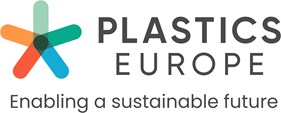
12:00 presentation: "Sorting before incineration and storage"
Substantive tutor:

13:00 presentation: "Circular economy standards - certification, carbon footprint"
Due to the growing requirements of the end user of products and services, companies must provide a certificate that their production does not burden the environment and does not contribute to the exploitation of resources. It is also important to meet new legislative requirements. Certification gives suppliers and customers the certainty that all supplied input waste from a given secondary raw material, and further used in products, is produced in a certified plant, and the processes are carried out in accordance with best practice. Through its labeling system, certification allows clear messages to be communicated to end-users who can make informed choices about the environmental impact of the products they buy. And having the certificates recognized on the market guarantees the recipients that the recyclates offered come in whole or in part from waste. During the session "GOZ standards - certification, carbon footprint" we will discuss certificates recognized in Europe, as well as the new first Polish standard KNR GREEN addressed to recyclers operating in the plastics, metallurgy, paper, wood, glass and chemical industries. The standard will certify that business is conducted in accordance with the requirements of circular economy and will be a tool for systematizing processes in the company, serving to maintain the quality of processes and products.
The subject of the carbon footprint will complement the subject. Because according to the CBAM (Carbon Border Adjustment Mechanism) project, which is part of the European Green Deal, calculating the carbon footprint will become an obligation, and not an ecological trend as it has been so far. The new EU regulation, although it is still in the legislative process, is to be introduced into the reporting daily as early as 2023, so as to bring tangible results in 2026.
Substantive tutor:

The Cluster Lab project - Development of the potential of the Waste Management and Recycling Cluster is co-financed by the European Union under the European Regional Development Fund. Agreement number POIR.02.03.07-26-0001 / 21.

14:30 discussion: "Holistic resource management in practice - good examples"
How can a holistic asset management system work in practice? Where are these practices already being implemented and what are the effects? Does selective collection in multi-family housing make sense? What will the deposit system change in Poland? Could sorting before landfilling or incineration help achieve 65% recycling of municipal waste?
Substantive tutor:

Day 3 - October 21, 2022
11:00 discussion: "Metal waste management"
Securing sustainable access to raw materials, including such as metals, industrial minerals, and in particular Critical Raw Materials (CRM), which is why the intensive development and support of the industry related to the recovery of raw materials from waste is so important. We will point out some good examples in this session.
Substantive tutor:

12:00 presentation: "Collection and sorting of glass and wood - good practices"
Presentation and sharing of experiences in the field of collecting and sorting glass and wood from the municipal waste stream. How to achieve better results? How to improve the collection and sorting method? There are places where it works and you can see the effects, so it's worth talking about.
Substantive tutor:

Admission to the conference is free of charge for POLECO fair participants. The organizer reserves the right to change the program.
